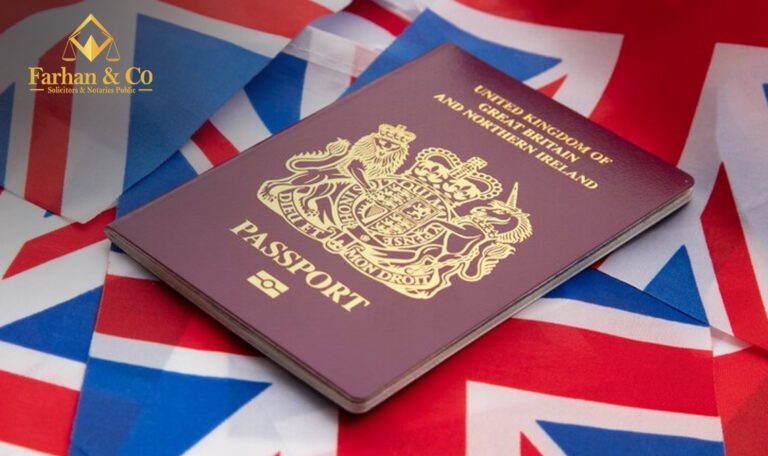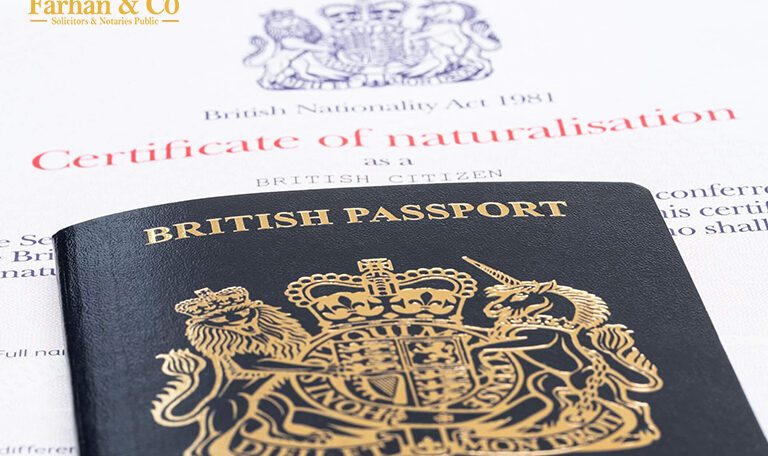The next crucial stage is proving that the relationship is genuine; the UK Home Office actually scrutinizes this area closely to avoid bogus marriages or partnerships. The present guide for the UK Spouse Visa covers everything that a client would require to understand to prove this relationship and improve the chances of success in the application. Know the Basic Eligibility Criteria for the UK Spouse Visa You must know to whom these requirements are applicable before you can gather evidence. Here are the criteria: Both of you must have exceeded the age of 18. The national partner must be a British citizen or otherwise have settled status within the UK. You must be duly married to each other or must have registered under a civil partnership or lived together for a minimum of 2 years in a relationship akin to marriage. You must intend to live together permanently in the UK. When these conditions are satisfied, the next step involves getting solid evidence of the relationship into serious submission. Official Marriage or UK Civil Partnership Certificate Presently: If you are married or in a civil partnership, provide the official marriage or civil partnership certificate, which has to be issued by an appropriate authority. Both names and the date of the marriage or registration should appear on this document. But one paper is insufficient evidence of an actual and continuing relationship is also required. Show Evidence of Living Together The most essential evidence of cohabitation for unmarried partners or people trying to prove a genuine love relationship is the document proving that they lived together. This may include: Joint tenancy agreements or mortgage documents. Utility company bills in joint names. Council tax bills. Letters from government departments (e.g., NHS or HMRC). Make sure that the documents cover an irrelevant period of at least 2 years and different dates. Submit Pics and Communication History While these are not requirements, it’s still beneficial to show pictures and messages to prove the real relationship. Include: Photos of your relationship over the years (family events, travel, everyday life). Screenshots of all text messages, emails, and social media chats. Call logs and evidence of video calls. Tip: Add short captions or some sort of timeline to portray the context of your pictures or conversations. Add Travel History and Visits Even where there are long periods of living far apart, records will generally show that visits have been made or contact has taken place: Flight tickets with boarding passes. Passport stamps or visa pages. Hotel bookings made in both names. Travel itineraries or plans. These papers will illustrate your efforts and consistency in maintaining the relationship. Statements from Friends and Family Affidavits or letters of support from friends, family members, or community members may also be beneficial to your case. These letters should confirm that the relationship is genuine and one of public knowledge. Each letter should: Be duly signed and dated. Give the full name and contact information of the writer, as well as their relationship to you. Specify how they know you and your partner. Write a Personal Relationship Statement The two of you should write a personal statement about: Your meeting; Development of the relationship; Important milestones (i.e., moving in together, engagement); Plans for the near future in the United Kingdom. Such a statement would offer the visa officer a fair insight into your story from your perspective. Keep Evidence Coherent and Well-Organised It’s not what you provide; it’s how you provide it. Make good organization of your evidence: Use a timeline or an index. Group similar documents together. Avoid contradictions in dates or names. Documentation consistency demonstrates attention to detail and lends credibility. Final Thoughts In the case of a UK Spouse Visa, proving your relationship isn’t about showing a certificate; rather, it is about weaving a compelling yet true tale supported by solid evidence. Do take your time and check everything the more transparent you are, the better. With proper preparation, your application can rest comfortably.







